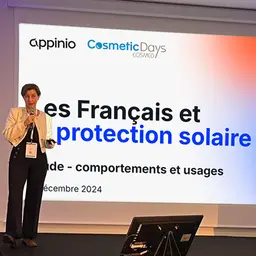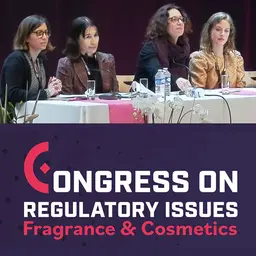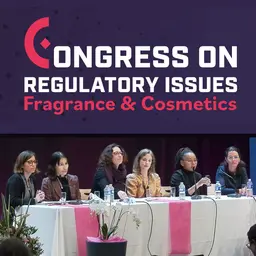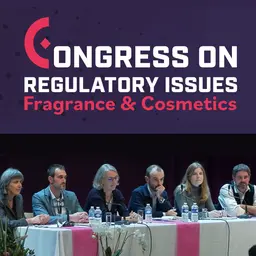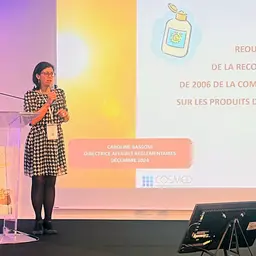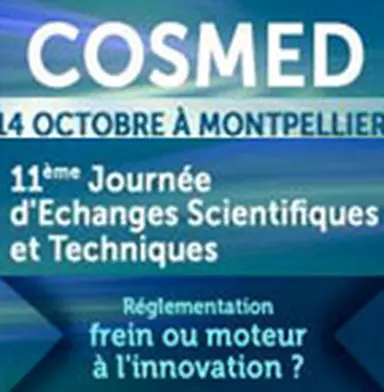
Regulation is a regular topic, nowadays, throughout the cosmetic industry, thanks to the future European Regulation enforcement. Is it a positive step forward, for consumers and for the industry, being at the same time a means to better up the quality criteria? On the contrary, is it a brake on innovation, due to more and more stringent and restrictive rules, which would level down the industry and decrease the range of products available to the consumers? This was the subject of the XIth Journées d’Échanges Scientifiques et Techniques (Scientific and Technical Conferences) organized by Cosmed on 14 October 2011 in Montpellier. At the end of the debate, results somewhat short of expectations …
October 18, 2011
"Let us put aside the normal litany against the constraints of the regulation!
", were the first words by Jean-Claude Le Joliff, CEO of
INN2C
, a management consultancy in innovation in cosmetics and the first speaker of this conference organized by
Cosmed
, the French professional association of SMEs of the cosmetic industry.
Indeed, instead of lamenting, the aim of these debates between professionals of the cosmetic industry was to focus on the true issues and on the opportunities opened up by the new Regulation.
Regulation: the text and its consequences
The Regulation 1223/2009 extensively debated and the cause for concerns is mandatory in its entirety since 11 July 2013. This is a more than needed evolution, due to the 55 amendments added to the "old" Directive, issued in 1976, as said by Mostafa Ouldelhkim, the manager of the Toxicological and Microbiological Evaluation Department of the
Afssaps
, the French agency in charge of the safety of sanitary products.
Designed to harmonize the regulation on cosmetics in Europe by being directly applicable as it in every Member State, and to assure the consumers of a high level of protection, this Regulation introduces new requirements, especially through …



